"A life without talking is unbearable--about politics, about our desires," says a clerk at a late-night Parisian kebab shop in Paris 05:59 Theo & Hugo. The clerk, an immigrant from war-ravaged Syria, is addressing his customers, the eponymous couple, and his words gently speak to the spirit of the film itself.
Evoking the slow-burning conversational works of Richard Linklater and Andrew Haigh, Paris 05:59 Theo & Hugo, the latest from writer-directors Olivier Ducastel and Jacques Martineau, won the Audience Award at the 2016 Berlinale's Teddys. It is, in many ways, a story about peaceful protest, and about our world's current dire need for personal contact and discourse--be it about carnal acts or strife overseas.
Even in the opening scene, a 20-minute orgy in the basement of a gay nightclub, a hush falls over the neon-lit mass of writhing bodies so that Theo (Geoffrey Couet) and Hugo (Francois Nambot) can connect and have sex as if no one else exists. "It felt like we were producing love," the poetic Hugo says afterwards. "I think we made a good contribution to world peace."
Later we discover Hugo may have given HIV to Theo, and while it ignites a scramble for damage control (an ER visit; a heady rundown of preventative treatment), the events aren't shown through a lens of queer punishment. Conversely, the news brings the men closer together in a night of courtship and understanding.
In these times, when fear can trump love and tweets can trump real talk, this feels like a political act in itself.
Like what you see here? Subscribe and be the first to receive the latest issue of Out. Subscribe to print here and receive a complimentary digital subscription.
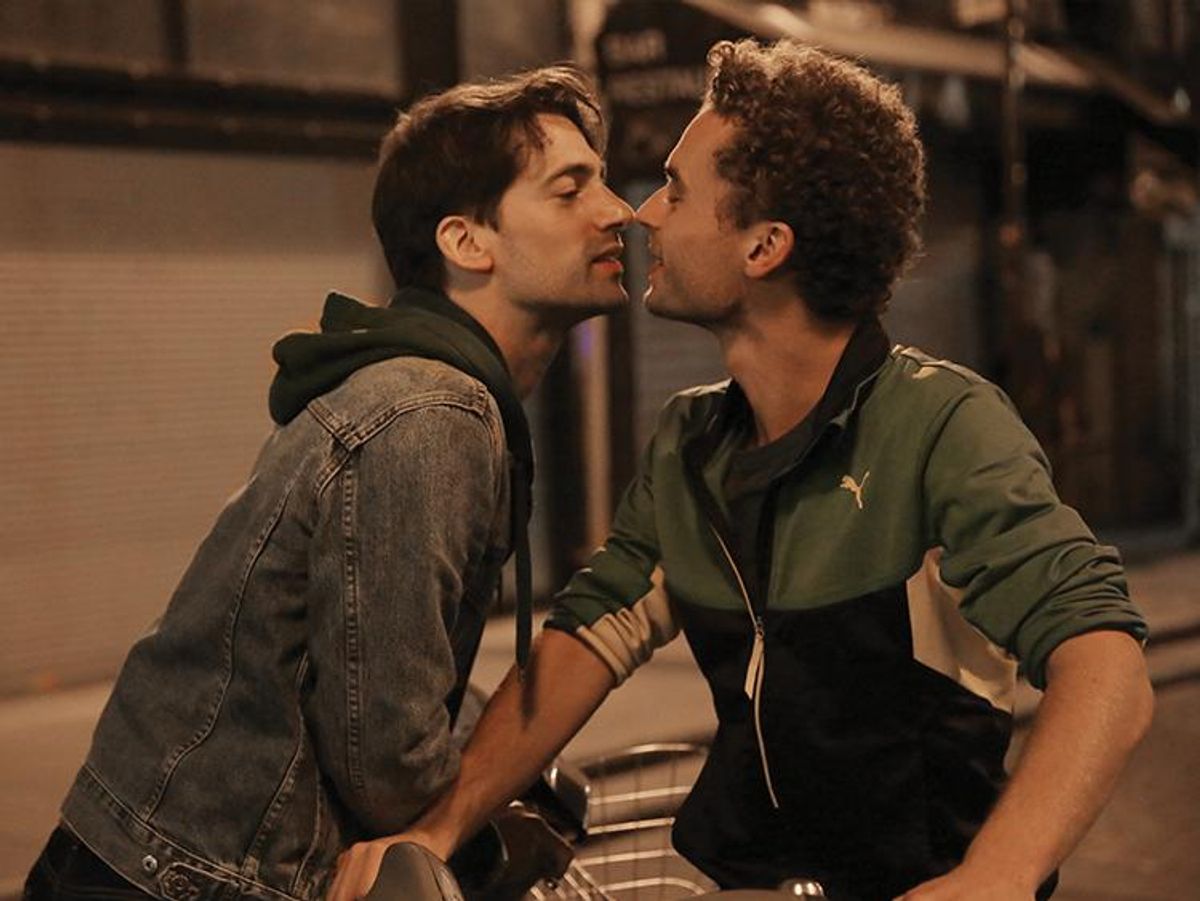





















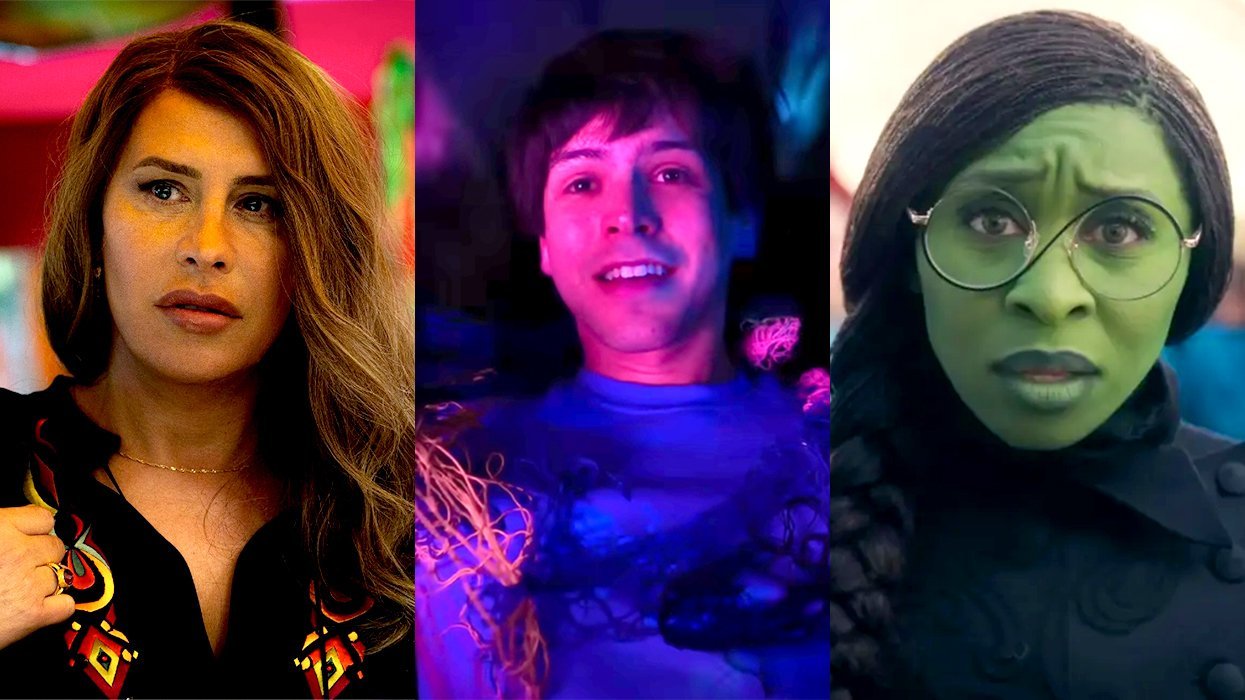








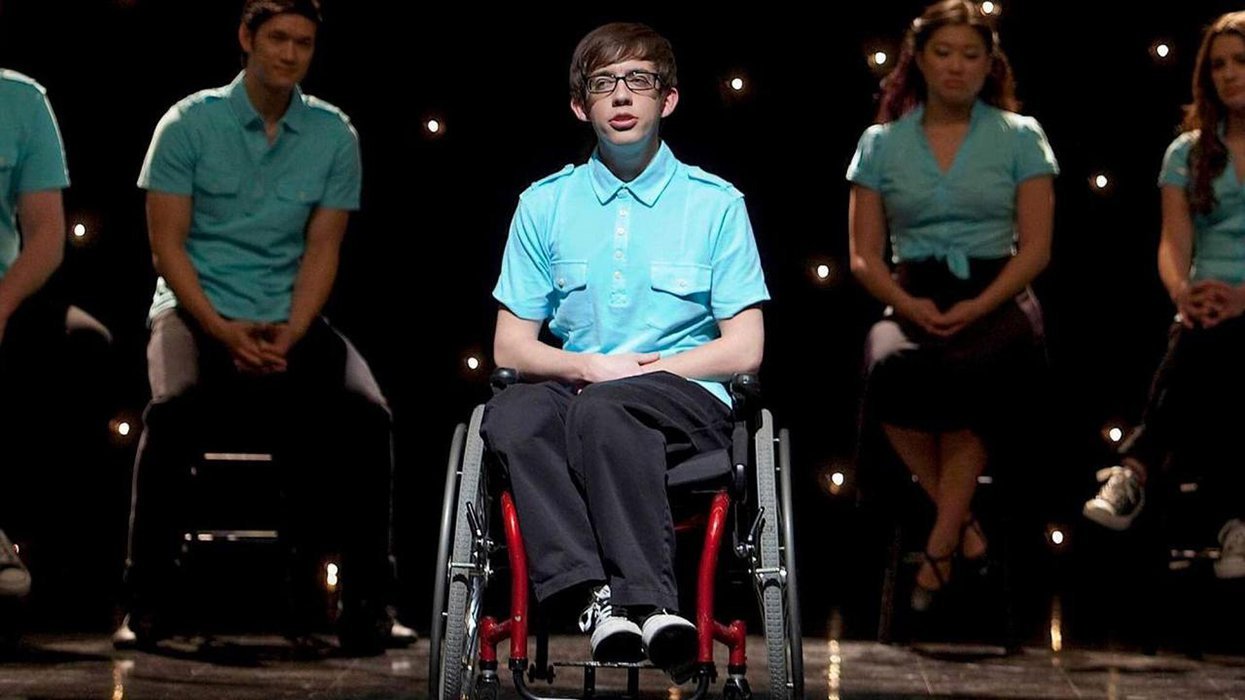










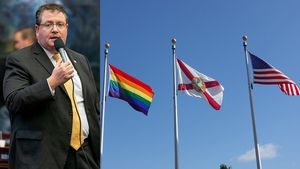


























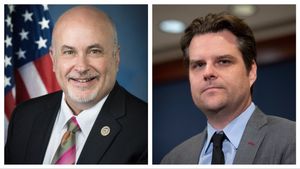
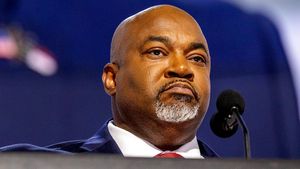











Sexy MAGA: Viral post saying Republicans 'have two daddies now' gets a rise from the right